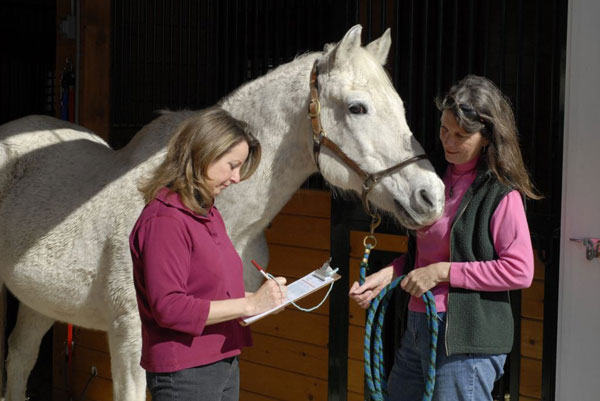
Contracts are a part of everyday life. If you rent property, you’ve likely signed a contract. Employment arrangements typically include contracts that outline performance expectations, pay, benefits and more. Ultimately contracts are an agreement between two parties that can be enforced by law if one party or the other defaults on the agreed terms. Thus, contracts are equally important for equine businesses.
“A good boarding contract helps set appropriate expectations with your boarders, and it also serves to limit your liability and provide you with recourse when a boarder doesn’t pay or otherwise breaches your boarding agreement,” explained Rachel Kosmal McCart, an attorney and founder of Equine Legal Solutions, PC.
At a minimum, contracts need to include basic information such as the date, the subject matter of the contract, an identification of the parties to be bound by the contract and their signatures, and the legal consideration. In other words, the price, expectations, promise, etc. that the contract covers.
It sounds simple to draft a document containing this information. But there is much more to consider.
“Boarding facilities think they can do a fine job by borrowing someone else’s or cobbling together their own from pieces they find on the internet. The problem is that the consequences of do-it-yourself legal work are not always immediately apparent,” Kosmal McCart said.
For example, boarding contracts don’t often include all the material terms, she said.
“Boarding contract lien provisions are often insufficient to allow the boarding stable to sell a horse to satisfy a past due board bill. The boarding stable must then rely upon statutory lien rights, which are usually time-consuming and costly to enforce,” she said. “Liability releases often don’t include all the parties being sued. If the release doesn’t include you, it can’t protect you.”
Working with an attorney who is familiar with the equine industry is key to drafting a document designed to create amicable relationships with clients and protect your business when a client doesn’t follow through on commitments.


